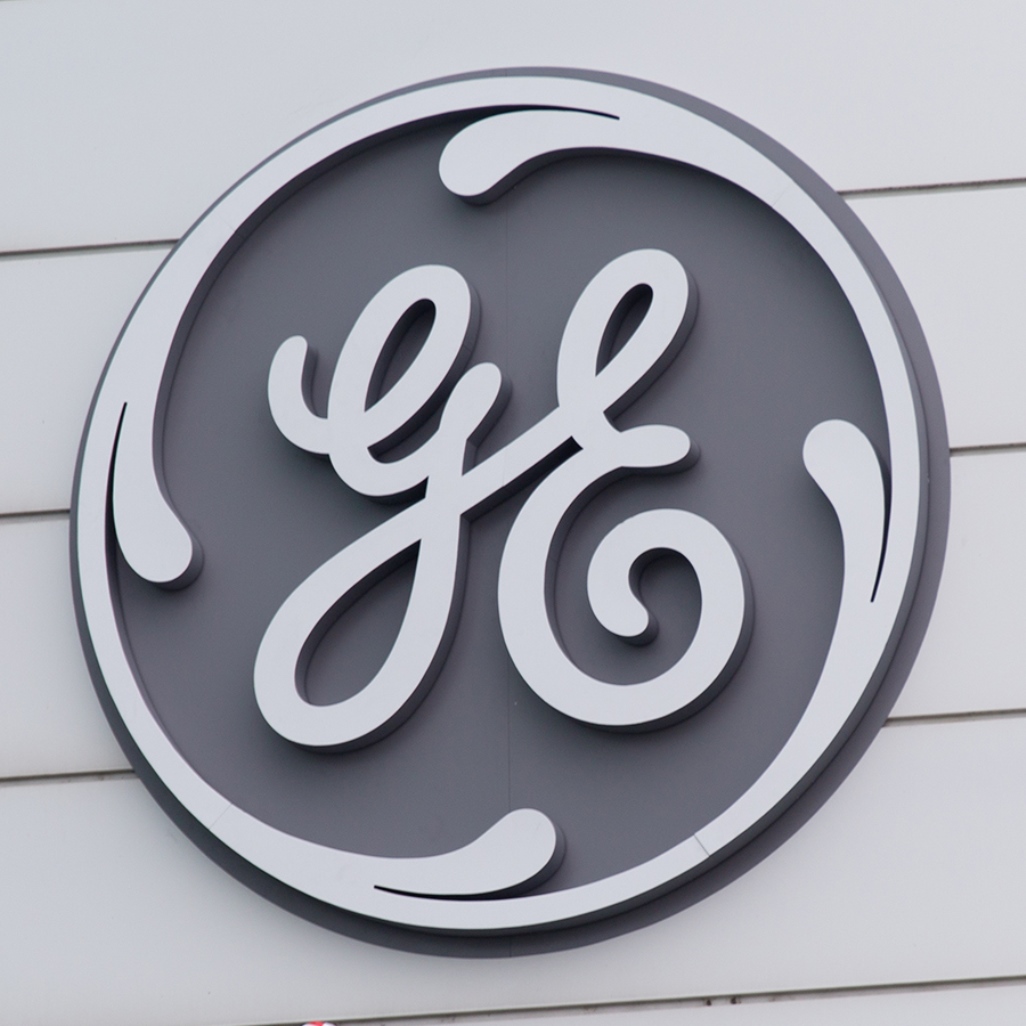Banking, finance, and taxes
As GE Exits Financial Assets, Goldman Sachs Grows Its Banking Operations

Published:
Last Updated:

General Electric Co. (NYSE: GE) is one step further along the lines of pairing down its financial assets. The Federal Reserve Board announced on Monday that it has approved the application by Goldman Sachs Bank USA to assume certain deposits and acquire certain assets from GE Capital Bank.
This transaction will give roughly $17 billion more in deposits into the Goldman Sachs Group Inc. (NYSE: GS) entity.
Another move away from being a financial giant also takes GE one step closer to not being regulated as a systemically important financial institution (SIFI). Monday’s release specified:
Under the proposal, GS Bank would assume approximately $17 billion of GE Capital Bank’s $18.2 billion in deposits. GS Bank also would acquire certain technology and intangible assets used by GE Capital Bank to manage its online retail deposit-taking platform; these assets represent approximately 1 percent of the total assets of GE Capital Bank. GS Bank also would hire certain employees of GE Capital Bank who manage and provide support for the online deposit platform. The deposits to be acquired are currently held at GE Capital Bank’s Utah office and, upon consummation of the proposal, would be held at GS Bank’s branch located in Salt Lake City, Utah.
GE Capital Bank has roughly $23.0 billion and operates a single nonretail banking office in Holladay, Utah, soliciting deposits from around the country via an Internet-based deposit-taking platform.
Goldman Sachs has consolidated assets of approximately $859.9 billion, but it is also shown to be the fifth largest insured depository organization in the United States by assets and the 21st largest insured depository organization in the United States by deposits. It controls deposits through GS Bank of roughly $78.1 billion, less than 1% of the total amount of deposits of insured U.S. depository institutions. On consummation of the deal, Goldman Sachs will control about $95.1 billion in deposits through GS Bank. Goldman Sachs will remain the fifth largest insured U.S. depository organization by assets and will be the 17th largest insured U.S. depository organization by deposits.
GE shares were last seen up seven cents at $30.99, with a 52-week trading range of $19.37 to $31.49. Its consensus analyst target price is $32.69 and its market cap is $288 billion.
Goldman Sachs was down 80 cents on Monday to $156.80. Its consensus analyst target is $190.00, with a 52-week range of $139.05 to $218.77 and a market cap of $66 billion.
As a reminder, both Goldman Sachs and General Electric are both members of the Dow Jones Industrial Average.
Retirement planning doesn’t have to feel overwhelming. The key is finding expert guidance—and SmartAsset’s simple quiz makes it easier than ever for you to connect with a vetted financial advisor.
Here’s how it works:
Why wait? Start building the retirement you’ve always dreamed of. Click here to get started today!
Thank you for reading! Have some feedback for us?
Contact the 24/7 Wall St. editorial team.